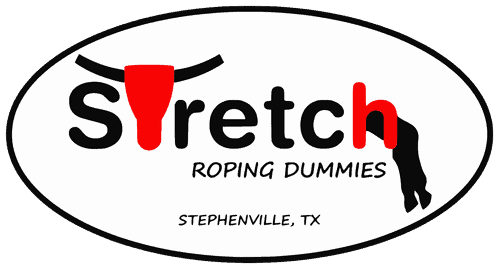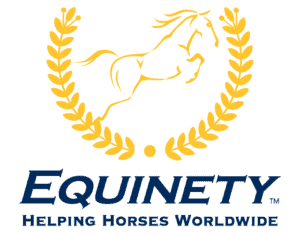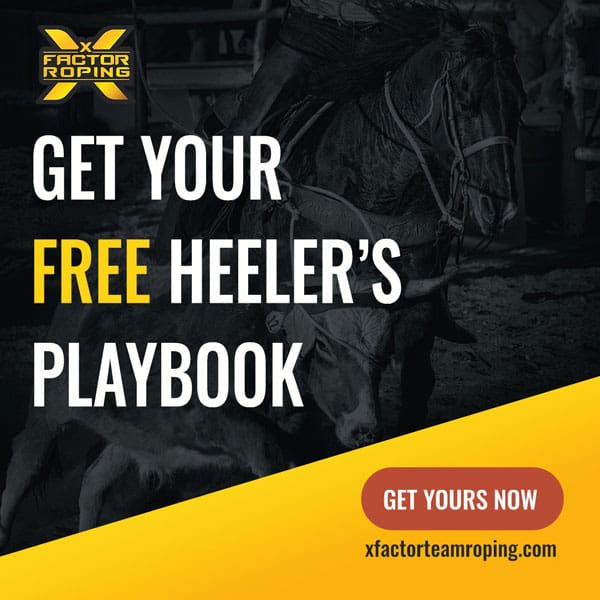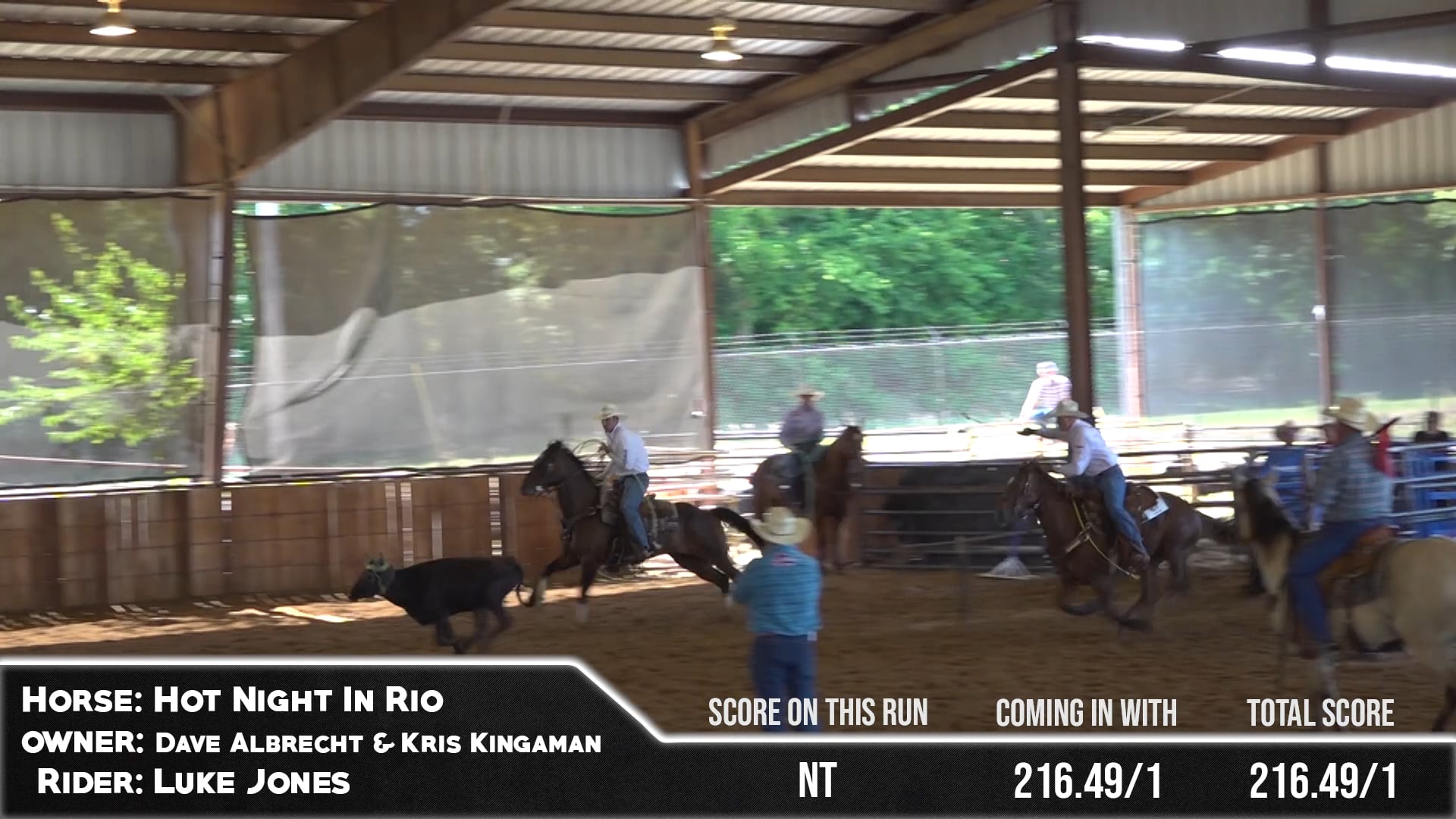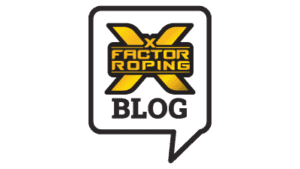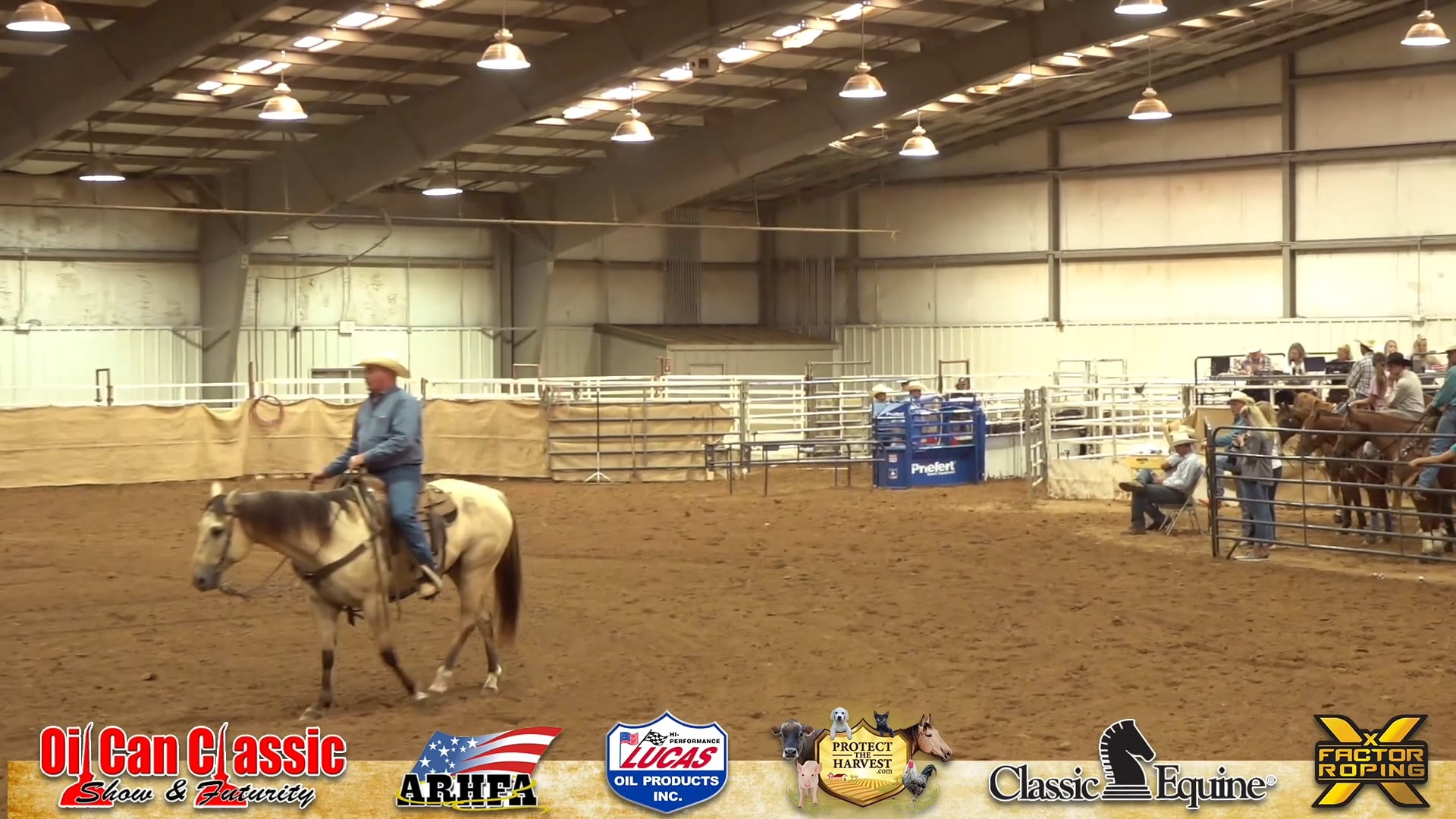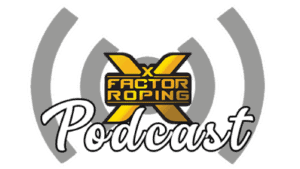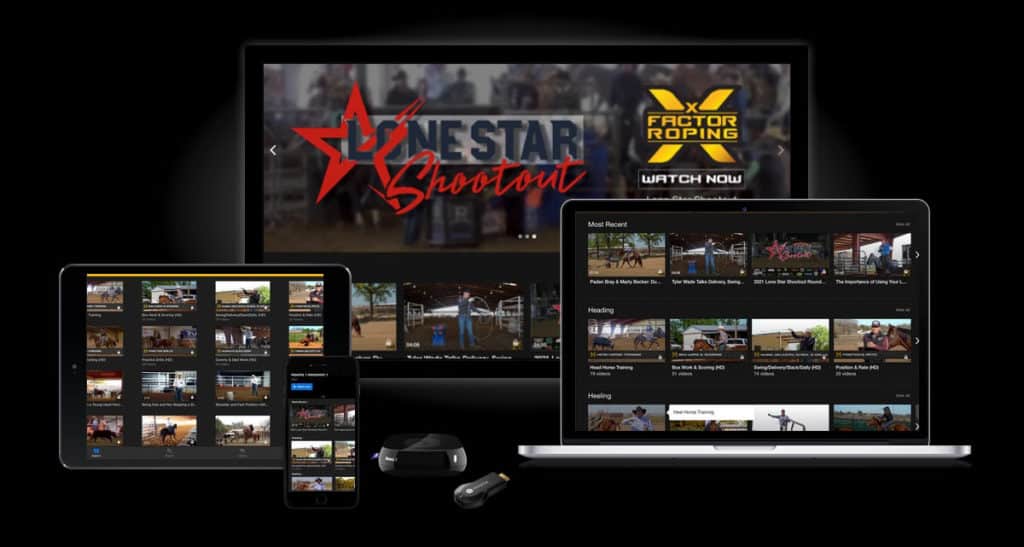Buying a horse in this current horse market can seem like a daunting task. It’s hard to find a good place to start and when you do finally get going, how do you know what they should cost and if you are getting the wool pulled over your eyes? How old of a horse should you have and how much should you spend? Should you buy a mare or a gelding, and should you do a vet check? All are great questions that we will help give some insight on in this article in order to help you make a better decision. Since this is a little complex it will be broken down into two articles over the next couple weeks. This article will focus on the selection process before you ever actually go look at one in person and we will talk about actually trying them next week.
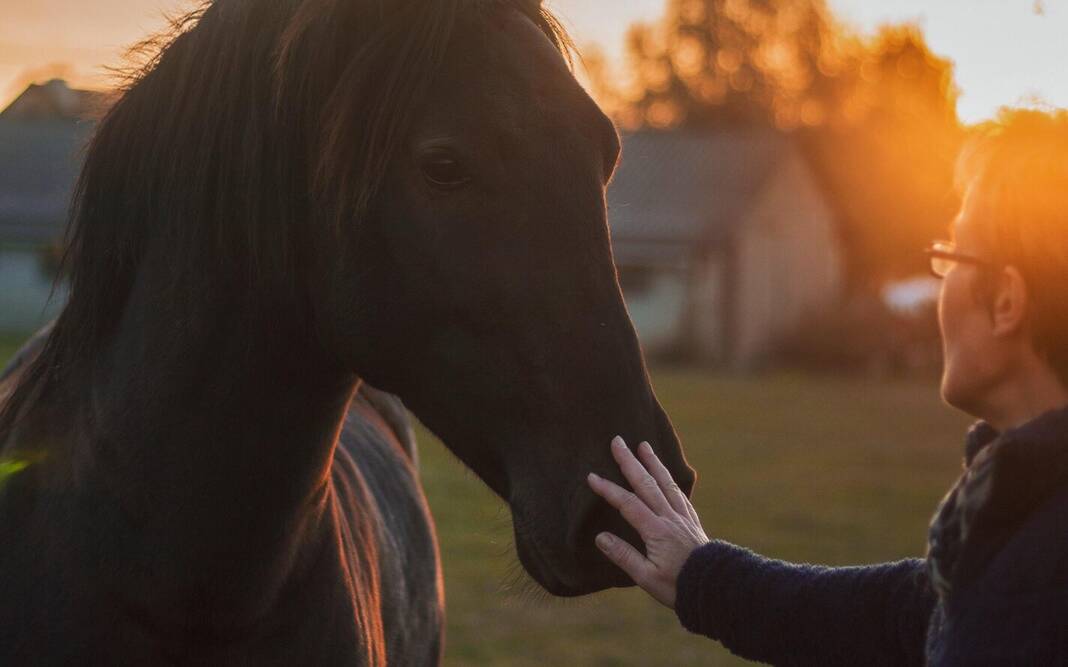
Start the Selection Process
As there are so many horses out there, we have to start with a specific criteria in order to start narrowing them down. Right here I recommend having two things in your mind. The first and most important thing is what is your end game. At the end of all of this, what is the horse you want to have? It amazes me how many people I meet that try horses and aren’t even sure what they want. It’s very hard to find something when your not actively looking for it. So let’s start with your situation, are you looking for a starter now, or are you looking for an eventual replacement for your good horse that is getting older. If you want a starter now, they are going to need to be pretty finished and solid. I recommend something over 8 years old and under about 14. This age range makes sure that they are old enough to make better choices but still young enough to have a long career. Right here is where we look a lot more at what they currently are and less at potential. You want something you can win on today.
If you are wanting a project or future up and comer, I recommend something a little younger. The main thing here is make sure they are gentle. There are too many nice ones out there to mess with something that is going to get you hurt. I think a good age range here is 5-8 years old. I also recommend something that doesn’t have any vices yet, because those rarely seem to work out well. I recommend something that is quiet and gentle so you are set up for a win from the start. Right here it is ok to look at potential but I urge caution here. Just because they “could” be good in the future doesn’t mean you should have to give 15k for a 5 yr old that is just getting started.
Resale
A second factor to look at is resale. Are you going to look into selling this horse down the road, or will they find their forever home with you? If they are going to find their forever home it’s you, you don’t need to worry as much about certain things such as AQHA papers and certain cosmetic things like manes and tails. As long as the horse fits you and is sound, you are home free. If you might one day sell this horse and upgrade, just remember that pretty horses with papers sell a lot better then not so pretty horses without. These factors are usually pretty similar as everyone wants to ride nice horses and no one wants to bad ones but there can be some small things that change.
Gelding or Mare
This is a great age old question when looking at horses. Many people especially team ropers will not touch a mare with a ten foot pole, while others won’t ride anything but a good mare. I think they need to be taken on an individual basis. I have had several mares that were awesome, never squealed or caused a fuss at all and have also had a couple that made me think about swearing them off forever. It comes down to the individual mare. I like to tie them right next to a gelding before we ever get started and see how they act. If they are making a fuss, might move on to the next one. If they sit there quietly, might need to take a look at her. Mares are also a little harder to resale if that is something you might do. I would bet it is more then half of all team ropers won’t even come look at a mare, so your market is instantly narrowed. But mares tend to be a little cheaper then geldings so it might not matter, it’s just a factor for you to consider.
Where to Find Them
In the modern age we live in, you can gather a lot of information on a horse and the seller before you even drive out to their place. Facebook is a beautiful thing and there are several great groups on there that post horses from all over the country. You can even just post an “in search of” and put down all of your criteria and you will have plenty of horses to weed through. This can be really helpful because it helps you gage the market number one and gives you a lot of insight into the horse and the rider. Almost everyone nowadays has an iPhone and can snap some good pictures and videos of the horse. This way you can weed out a lot of trouble ones and save your self a lot of headaches. I like to see good confirmation pictures, good videos of them just loping around and handling and then some roping videos as well. If they cannot get you these videos, it is likely not worth your time.
Watching Video
What do you look for in the video? I look for a horse that carries themselves correctly, meaning lopes around collected and quiet. There are very few nice horses that lope around like a bull dogging horse. If the seller can’t contain them at a lope, how are you going to stop them in the run. Secondly how do they stop? They don’t have to drag their butt for days but if their brakes resemble that of a freight train, might look to the next one because they will need to use their hind end in either heading or heeling. Thirdly watch very closely on their team roping runs, are they just letting the horse work or are they really having to do some hand holding? If you are looking at a young one hand holding is fine but if you want something pretty finished, they should be able to run pretty strong steers without a lot of help. Also how far are they letting them out? If they are nodding and riding on every cow or cutting in at the corner, the odds are either the horse is kind of slow or they don’t score that well.
Vet the Buyer
Finally, look at the buyer. Facebook is a beautiful thing and can give you a ton of insight into the person you are going to try a horse from. Have they had other horses? Did you like those horses? Are there any videos of them in competition recently even if its not on the horse you are trying? I’m not saying to judge a book by its cover, but just remember most people put their best face on for Social Media and if that face is suspect, might be running into an issue. If all of these things check out, remember that you are never going to find the horse of your dreams sitting at home on you iPad, so get out there, make some calls and start trying horses.
Next week I’ll go over some horse trying techniques that have really helped me in the past. I hope this is helpful, as always stay safe and God Bless.




